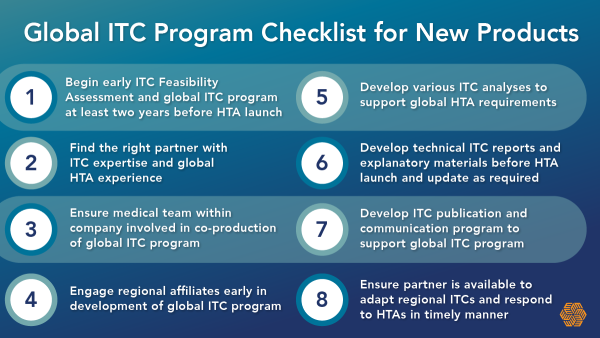
Imtiaz Samjoo
Senior Director, Value & Evidence
Expertise:
As Senior Director of the Value & Evidence team at EVERSANA, Imtiaz leads evidence synthesis projects that support global HEOR initiatives involving systematic literature reviews, indirect treatment comparisons, and health economic modeling, to support reimbursement and market
access for pharmaceuticals.
Imtiaz Samjoo is the Senior Director of Evidence Synthesis at EVERSANA. Imtiaz has more than 10 years of academic research and scientific writing experience, with expertise in molecular and clinical research and a specialty in anatomy, biochemistry, metabolism, and physiology. He has authored over 20 peer-reviewed scientific publications. His academic training includes an Honours BSc (Biology) from McMaster/Leeds University, an MSc in Physiology and Pharmacology (McMaster University) and a Ph.D. in Cell Biology and Metabolism (McMaster University).
At EVERSANA, Imtiaz specializes in the conduct and critical appraisal of evidence synthesis activities including traditional and network meta-analysis, advanced ITCs such as MAICs and STCs, ITC feasibility assessments, systematic and targeted literature reviews, developing objection handlers, gap and landscape assessments, product value communication tools, peer-reviewed manuscripts, value messages, slide decks, and conference abstracts and posters. Additionally, Imtiaz is involved in the development and implementation of tools that demonstrate the health economic value of pharmaceuticals and medical devices. These include cost-effectiveness, cost-consequence, and budget impact analysis models and sales force tools. He has worked in several therapeutic areas, including cardiovascular disease, diabetes, gastroenterology, mental illness, neurology, and oncology.



